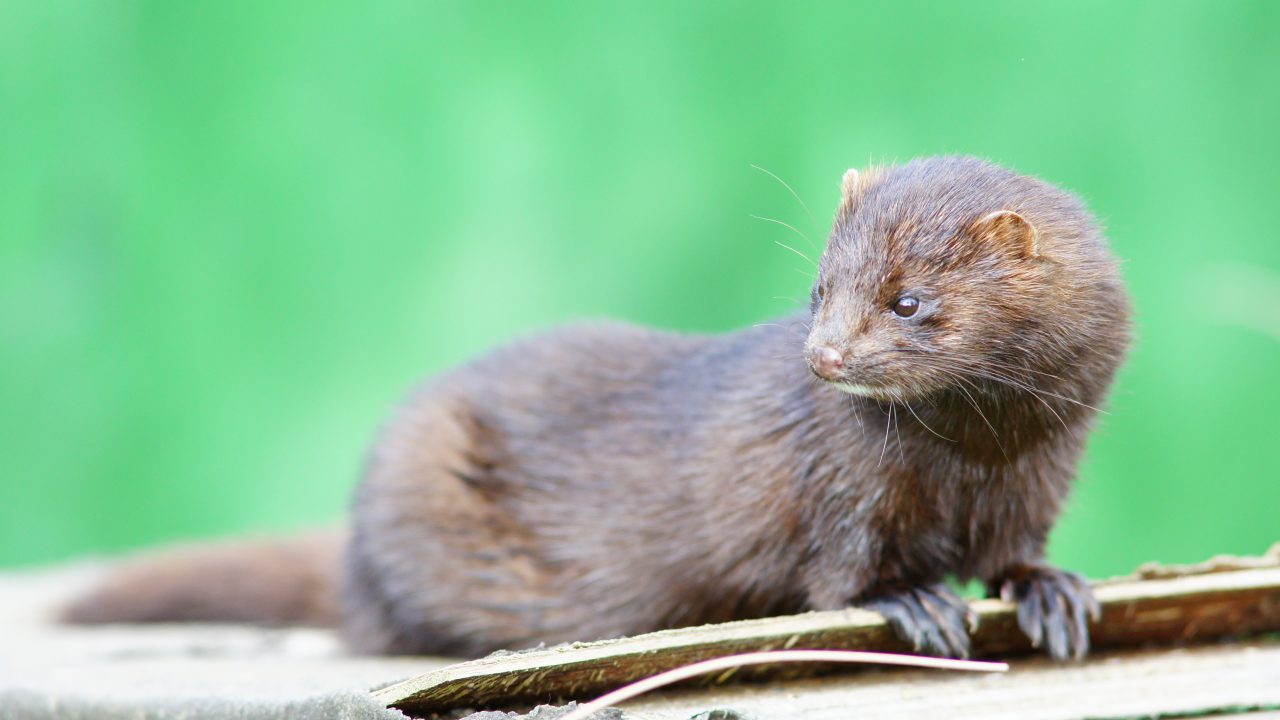The Department of Agriculture, Food and the Marine (DAFM) has said that it expects an order required to implement a ban fur farming in Ireland to be finalised by the end of the year.
The Animal Health and Welfare and Forestry (Miscellaneous Provisions) Bill 2021 passed its final stage in the Seanad on March 29, and was then signed into law by President Michael D Higgins on April 4.
However, in order for the legislation to be enacted it requires a commencement order to be prepared by the department of agriculture.
This means that the ban on fur farming will not come into effect until the date of the commencement order.
Fur farming
There are currently three active farms in Ireland that breed and rear mink for the purpose of pelting for the fur industry.
The farms located in counties Kerry, Donegal and Laois will be closed as a result of the ban, which was among the commitments in the Programme for Government.
Minister for Agriculture, Food and the Marine, Charlie McConalogue recently told the Dáil that his department is working “in close collaboration” with farms affected by the bill.
“This is a significant change to their enterprises and how they have operated for many years. We are treating the farmers with the respect they have earned and deserve.
“While societal norms have changed towards the practice of fur farming, these farmers have always carried out their businesses to the highest of standards.
“For operational and practical considerations of the fur farming businesses, we are hoping to conclude discussions with the fur farmers in the coming weeks,” he said.
The department of agriculture also confirmed to Agriland that it is anticipated the legislation concerning compensation for the farmers impacted by the ban will be finalised before the end of 2022.
It was previously estimated that the total compensation paid to the three farms will range from €4 million to €8 million.
